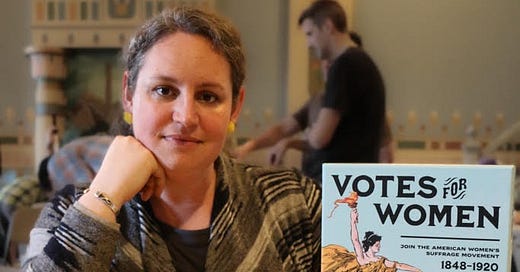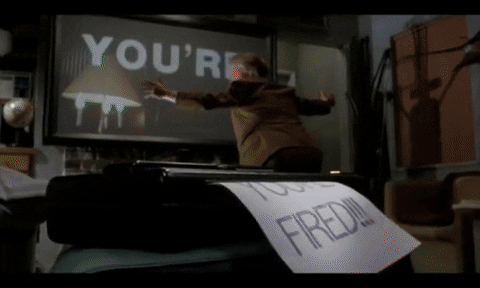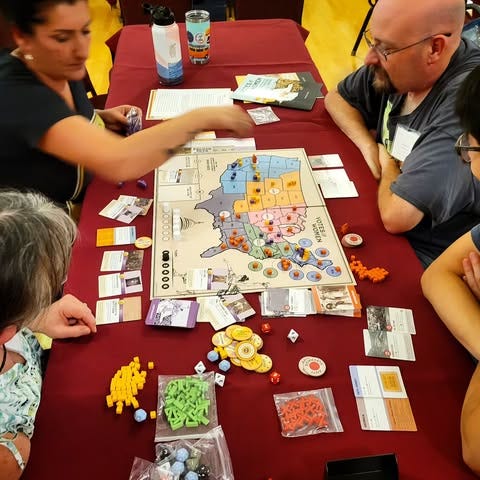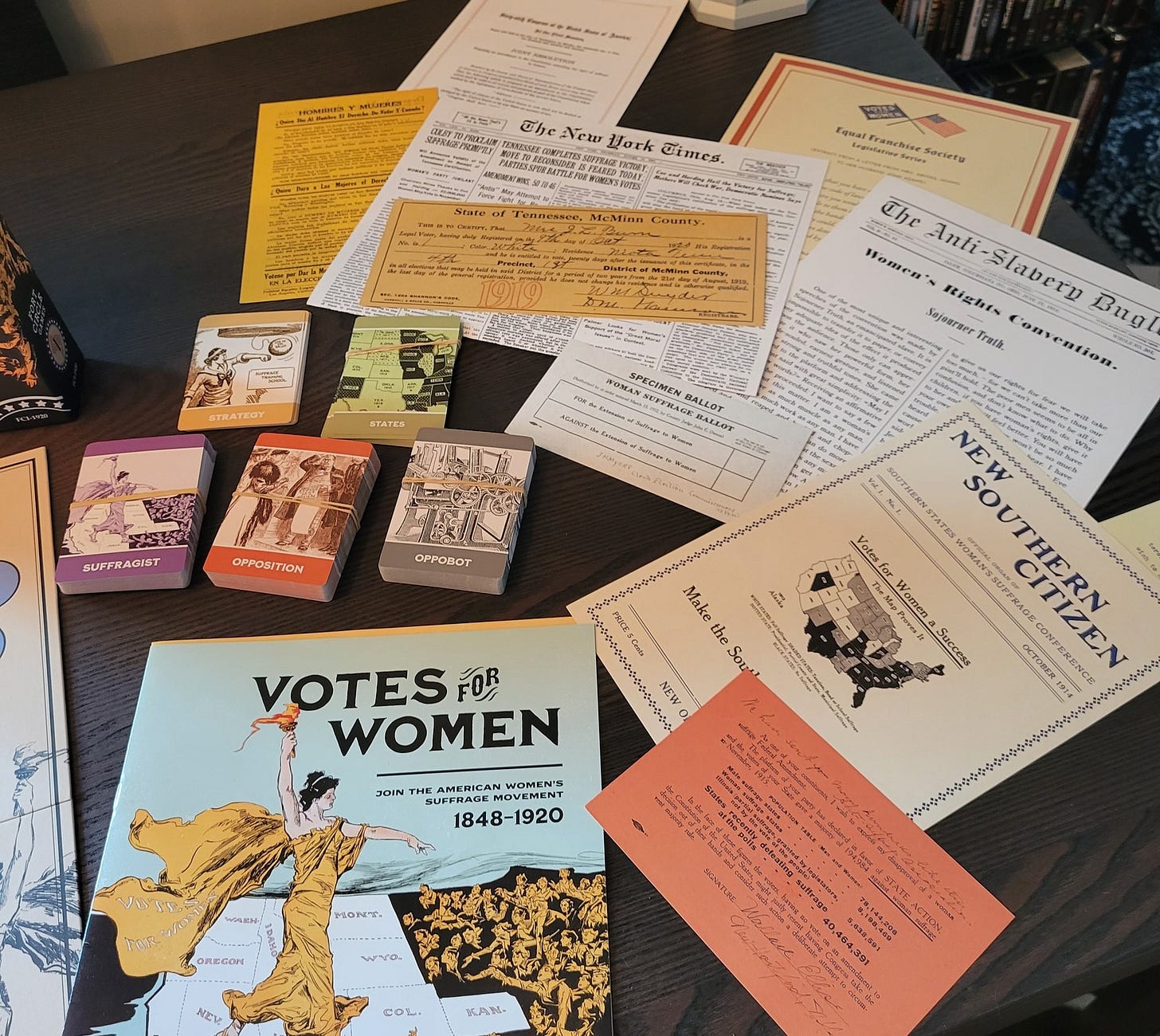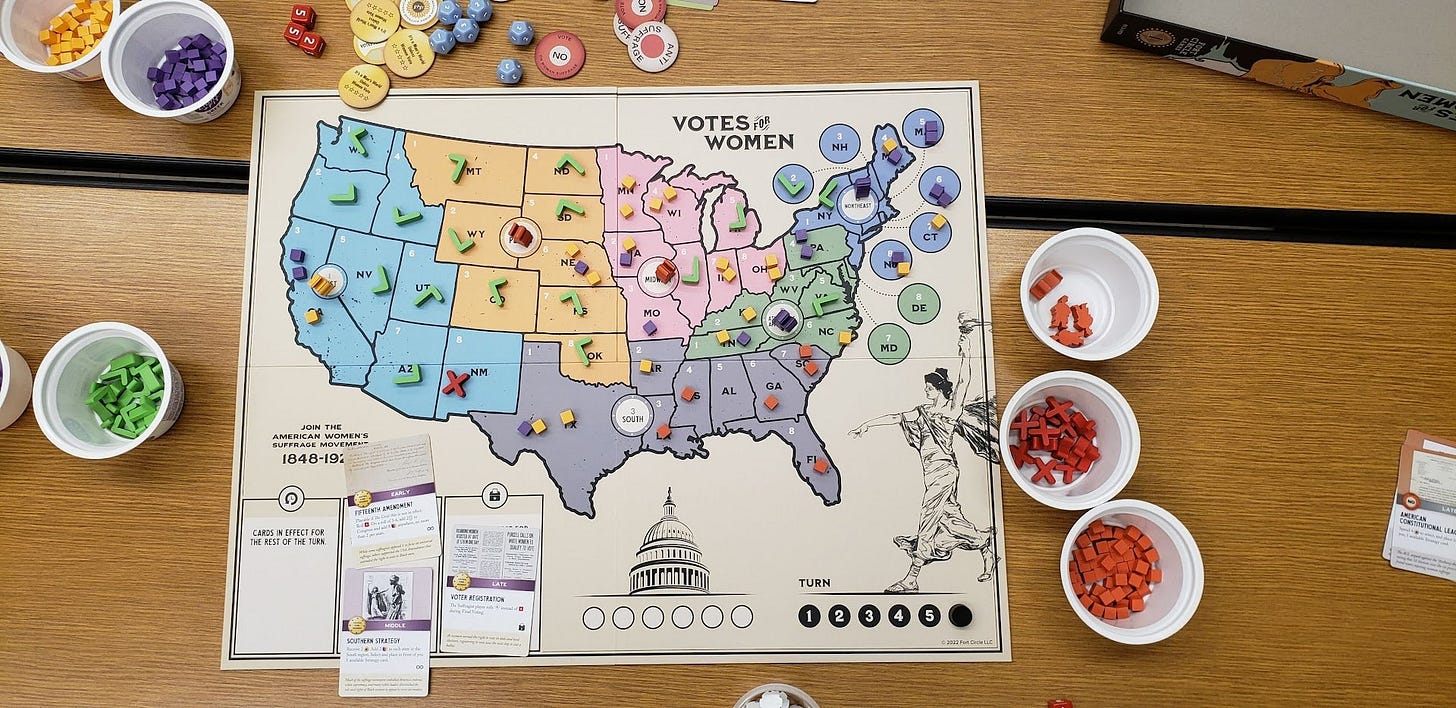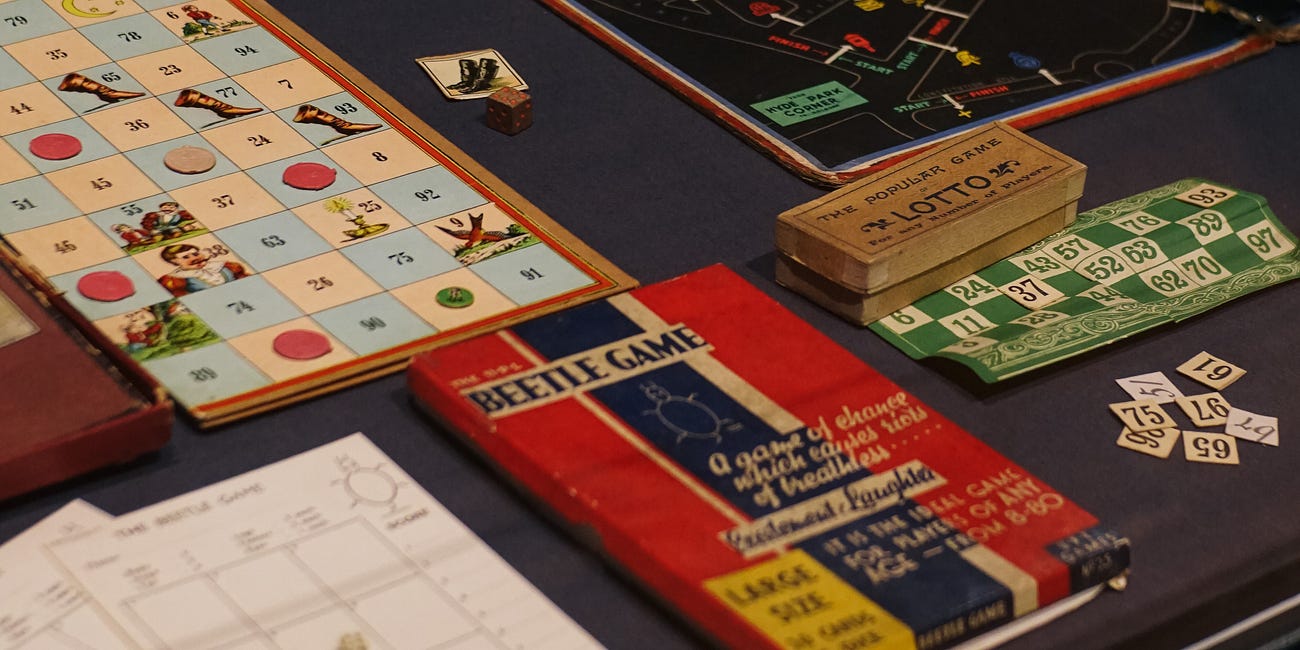Tory Brown: 'There are important lessons in our past that can help us understand our present'
Two years on from the release of Votes for Women, the game's designer speaks of the response from the tabletop gaming community, and its message amid 2025's political backdrop
It’s the year 2025. How disappointing.
A decade before all this, we were specifically promised, by Back to the Future II, the funster world of flying cars, street-situated holographic advertising and, er, fax-based sackings.
Instead, we’ve ended up in the Biff-reigning dystopia that Marty McFly goes back in time to. Only it’s far worse. And duller.
Want your delightful hoverboards as the great technological advancement? No. Instead we’re ruled by immensely weird but powerful establishment-elite kleptocrat tech bros and man-babies who think wrong is right, boiling the oceans away by enforcing AI on us that answers web-browser search questions wrongly, but very, very confidently, while stealing all our resources, money and personal safety. And our rights.
Rights are hard fought for. They always have been. After all, we only have to find a century that’s passed until we find a time that more than half the adult population couldn’t vote based on their gender. And half that time in the US before universal suffrage was fully enfranchised.
So perhaps it’s a good time to revisit one of the best tabletop games of recent years that got its users to play out these issues. Fort Circle’s card-driven, turn-based Votes for Women, published in December 2022, covers the 70 or so years preceding the ratification of the 19th amendment across 48 states, with players either fighting to ensure women’s suffrage in the US is enacted… or for it to be rejected.
Tory Brown knows how history can turn on the roll of a die. The political communications strategists and activist spends a lot of her days exploring how social movements succeed and fail, using that knowledge to put together the basis and context of Votes for Women. We spoke to her about her thoughts on the game two years on, amid 2025’s political backdrop.
It’s just over two years since Votes for Women was released. As someone coming in from the outside of the tabletop industry, what’s surprised or intrigued you about what the response, both critical and from gamers, has been towards the game?
TB: I have been gobsmacked by the overall positive reception to my game.
Sure, trolls are going to troll and no game is for every gamer, but reviewers and players have been really enthusiastic about Votes for Women.
They talk up the design and the message, which is lovely since I worked really hard to integrate both into a seamless experience.
And I had no idea how much interest there would be for my game about American history outside of America! My publisher added a state abbreviation chart to the second printing to help non-Americans (and a few geographically challenged Yanks) better navigate the game board.
As an activist and political strategist, how did your previous experience in those roles help and hinder your game design?
TB: The basic language and balance of the game comes from my decades of working in movement politics. Much of my career has been focused on helping organisers build power in the States because my politics assume the power of the people must trickle up from where they live to the federal government in Washington DC.
Congress is necessary, but the real heavy lifting and focus in Votes for Women happens in and on the states as each player is building power for their side.
It feels appropriate to return to the game in 2025 and the political upheaval, including in the US but across the world. Was Votes for Women created, as well as from wanting to explore this issue and period of time, with one eye on the present and how rights that are taken for granted are hard won?
TB: I designed Votes for Women because I believe deep in my soul that there are important lessons in our past that can help us understand our present and inform our choices that will shape our future.
There is inspiration and there are dire warnings in the American woman suffrage movement. Because as long as there have been popular social movements to expand the rights of our fellow human beings, there has been opposition that seeks to preserve the status quo at best, or steal the dignity inherent in all of us at worst.
It’s not just about protecting what we’ve won but using what we’ve won to ensure more people can enjoy the benefits and privileges of being seen as fully human.
There are many, many games out there set in a real-life historical context, but before a few years ago this would involve an abundance of battle scenarios, playing characters already in positions of power or conquest themes. Do you feel like Votes for Women has had an impact on what kind of themes publishers are exploring?
TB: I’m proud Votes for Women has been welcomed into an emerging genre of games that seeks to upend traditional patterns of power and reaches out to new kinds of players who aren’t interested in the kinds of titles that reflect those older dynamics.
Maybe some publishers never thought about putting a group of women where the generals usually sit, but I’m hopeful that the critical and community response to Votes for Women has inspired a few more publishers to see the potential and the profit in expanding storylines and switching up how we define power.
It’s a game that values knowledge of history and also the player educating themselves in the people and events involved in the historical context. But there’s also an element of luck in success – that the roll of a dice can turn the tide of history away from the player’s control. Was this intended?
TB: I think history has always depended on luck. In politics, it feels like we face seemingly unlimited choices with very limited resources (which should sound familiar to many board gamers).
Movement organisers also depend on luck or what we might call ‘events outside of our control’.
The very last vote for Suffrage was won because a young elected official received a letter from his own mother telling him to vote to ratify. Her letter is enshrined on the card “Miss Febb wins the last vote” and her voter registration card is included in every Votes for Women box. Suffragists were very lucky that Harry Burn’s mother was a supporter.
TB: Have you witnessed or been told any particularly memorable responses, particularly emotional or cathartic or enlightening, to someone playing Votes for Women?
I am surprised how emotionally uncomfortable some people tell me it is for them to play as opposition.
The solitaire and co-operative modes of Votes for Women exist because I expected some people to be unwilling to play against rights for women. It’s really shocking for people to see how many women opposed suffrage and led campaigns against Votes for Women. But the opposition deck elicits a stronger emotional reaction than I expected, especially from wargamers who regularly play as Confederates and the Nazi regime.
I’m proud of that discomfort and that my game affects people in a way a lot of games aren’t able to.
TB: In terms of representation, are there areas the tabletop gaming industry is getting things right and areas where it really needs to work on? Where feels hopeful?
TB: I think there are really great networks, contests and initiatives for designers who come from traditionally marginalised communities.
The community is doing a better job of supporting itself and of identifying allies in the industry.
There seems to be a long way to go in terms of outcomes, just looking at top board game lists – especially on hobby sites like Board Game Geek – white male designers are still dominating. Gamers, publishers, reviewers, and industry groups will all be part of the solution.
In what way do you feel tabletop games can facilitate communication and conversations on social issues?
TB: There is nothing like play when it comes to breaking down barriers, opening us up to new ideas, and letting us practise grace in victory and resilience in defeat.
Plus getting people to the table, coming to a consensus on the rules we agree to play under, and resolving a challenge together is basically the whole game when it comes to politics. The time between turns, rounds, and games creates pockets of opportunity in a way our digital lives so often crowd out.
You’ve discussed being fascinated in movement building. In terms of modern-day political and cultural changes or rising movements, is there anything that stands out that would a) be ripe for the basis of a great game and b) be something that would be worth highlighting and placing the player in other’s shoes? What would the win conditions be?
TB: The long stretch of labour history in America – of working people coming together to win concessions from the boss, of average people standing together in the face of violence, incredible wealth and political power – stands out to me as compelling and challenging.
The long decline of labour’s power in America (and around the world) through diminished political voice is also instructive in how average workers can reclaim what is ours: a strong voice at work and in policy, dignity in our labour, and power across race and gender.
Win conditions are what so many of us strive for on our own: security, stability, and prosperity, which is being hoarded by a few billionaires today. Maybe it’s a game about sinking yachts and turning the wreckage into ladders we can use to claim new heights of power?
As the Generations Games has a focus on family games, what are your favourite board games to play with family members?
TB: My mother-in-law loves word games! So we play a lot of Upwords (a scrabble-like game) and Quiddler (a word-building card game) when we get together, as well as Five Crowns, which is a lot like Quiddler with books and runs.
I gift my niece and nephews games every Christmas and this year they tore into Game Bounce, a dexterity game where players try to match a pattern by bouncing ping pong balls at a board. I also enjoyed it even though I was terrible at it!
What upcoming plans do you have for you, for Votes for Women and any other creative ideas you may have?
TB: I have been overjoyed and overwhelmed in continued interest in Votes for Women. I’ll keep talking to anyone and going anywhere I’m invited to teach my game and watch players experience history in a whole new way.
I’ve got some lectures for non-board game events that I hope will bring new people into our hobby and create gamers with an appetite for games that reach and inspire. And maybe one day these invites (and America’s political chaos) will slow down and I’ll be able to focus on the next title.
For more information, visit fortcircle.com
'The exhibition itself is a game': Lincoln Museum enters the unknown of board gaming history
A choose-your-own adventure-style branching pathway to see the exhibits? Yes please.
Share The Generations Games? Ah, go on…
if you made it this far, you’re probably keen on family tabletop games, and games with a strong social theme. Forwarding to a like-minded friend can make a huge difference to the future of The Generations Games and our hopes to expand our output.

